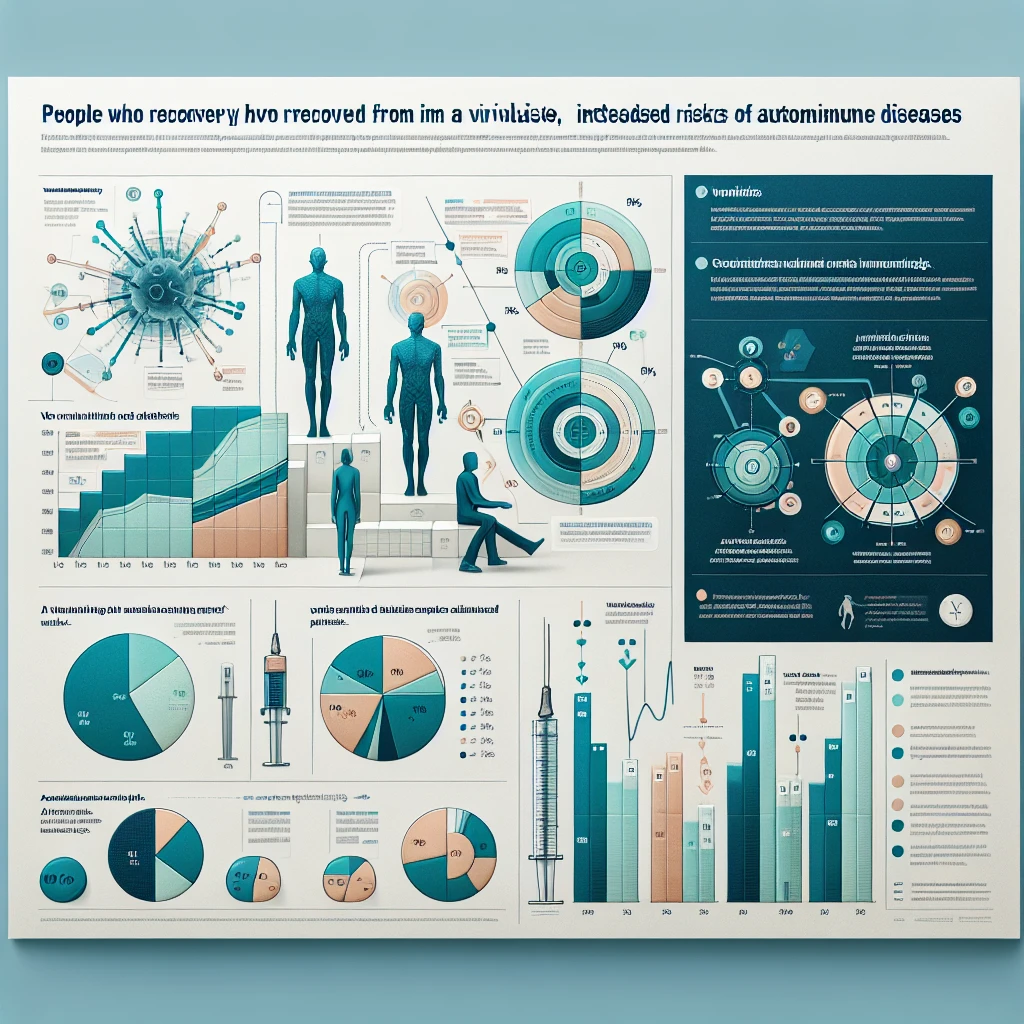
Energy Drinks: Unwanted Heart Risks | Medical News Bulletin
Energy drinks can negatively impact heart health, potentially causing dangerous cardiovascular effects. Caution is advised.
Health
Energy Drinks: Unwanted Heart Risks | Medical News Bulletin
By Alberta Herman
July 2, 2024

The explosion in US energy drink sales has been largely fueled by caffeine-craving kids. This billion-dollar industry is booming, yet makers are facing increased scrutiny as concerns grow over the potential health risks posed by these popular beverages.
Between 2007 and 2011, emergency room visits by youngsters doubled. The culprit? Energy drinks such as Red Bull, Monster Energy and 5-Hour Energy. One in ten of these visits resulted in hospitalization, highlighting the potential severity of health complications linked to these beverages.
The dangers become particularly pronounced when energy drinks are mixed with alcohol or other drugs - a combination responsible for 42% of ER visits in 2011. This risky cocktail is especially popular among college students, with a quarter reporting mixing the two.
While brands like Red Bull and Monster rake in profits, experts warn that these energy drinks often contain caffeine levels exceeding those found in coffee along with unregulated stimulants like taurine and guarana which escape FDA regulation raising red flags particularly for individuals with pre-existing heart conditions.
A new study published on June 6th at Mayo Clinic led by Dr Michael J Ackerman investigates whether energy drinks could trigger sudden cardiac arrest (SCA) among people with genetic heart diseases; an issue that has consumers and health officials concerned alike.
In this deep dive into medical records of over 5k patients evaluated at their Genetic Heart Rhythm Clinic they focused specifically on survivors of SCA due to irregular heart rhythms examining their medical histories meticulously alongside genetic information.
Importantly the study looked at those who had experienced a cardiac event close to consuming an energy drink anywhere from immediately prior to within twelve hours after consumption utilizing detailed electronic medical records dating back up to twenty years ensuring nearly complete record keeping thereby bolstering reliability further.
Out of one hundred forty-four survivors five percent experienced life-threatening SCA within twelve hours post-consumption majorly females averaging around twenty-nine years old. For eighty-seven percent of these individuals the SCA was their first cardiac event underscoring potential risks even for those with no prior history of heart problems.
Energy drink consumption habits varied among patients, with 43% reporting frequent use and 57% reporting infrequent use. The timing between energy drink consumption and sudden cardiac arrest ranged from immediately before to up to 12 hours prior. After treatment all patients stopped consuming energy drinks and were placed on appropriate therapies resulting in no further cardiac events over a follow-up period averaging four years.
Several case studies highlight the potential dangers particularly for individuals with genetic heart conditions such as a thirty-two-year-old woman who experienced SCA just hours after consuming an energy drink post-pregnancy or another thirty-seven-year-old woman who suffered similarly during sleep having consumed regularly.
These cases demonstrate diverse scenarios where lack of warning could potentially trigger cardiac events in genetically predisposed individuals leading researchers to call upon FDA for clearer guidelines on safe consumption especially for those with pre-existing heart issues.
Dr Peter Schwartz director at Italy's Center for Cardiac Arrhythmias writes "we would be remiss if we weren't sounding the alarm" stressing that while more data is necessary clinical experience understanding pathophysiology and common sense should join forces here.
Energy drinks promising quick bursts of alertness are second only to multivitamins in dietary supplement consumption in US coming mainly canned or bottled or smaller concentrated shots varying significantly in caffeine content but also often packing other stimulants sugars taurine ginseng various B vitamins raising questions about long-term safety particularly among young people.
The combination can have significant effects especially when consumed excessively making it imperative that healthcare professionals be consulted before indulging particularly if underlying health conditions exist.
LATEST ARTICLES IN Health
Skin 'Painless' Sign May Indicate High Cholesterol, Says Doctor.
Identifying Symptoms of Liver Cirrhosis in Women.
Must-Know Causes of Heart Inflammation.
Small Whole Fish Consumption May Extend Lifespan.
Join Our Newsletter
Popular Articles
-

Mar 13, 2024
Anyone But You - A Romantic Comedy Surprise of 2023 -

Feb 01, 2024
AI Company About to Revolutionize the Medical Space? -

Mar 20, 2024
COVID-19 Survivors at Risk for Autoimmune Diseases -

Jan 27, 2024
Get Rich in a Year with These 3 Coins!




